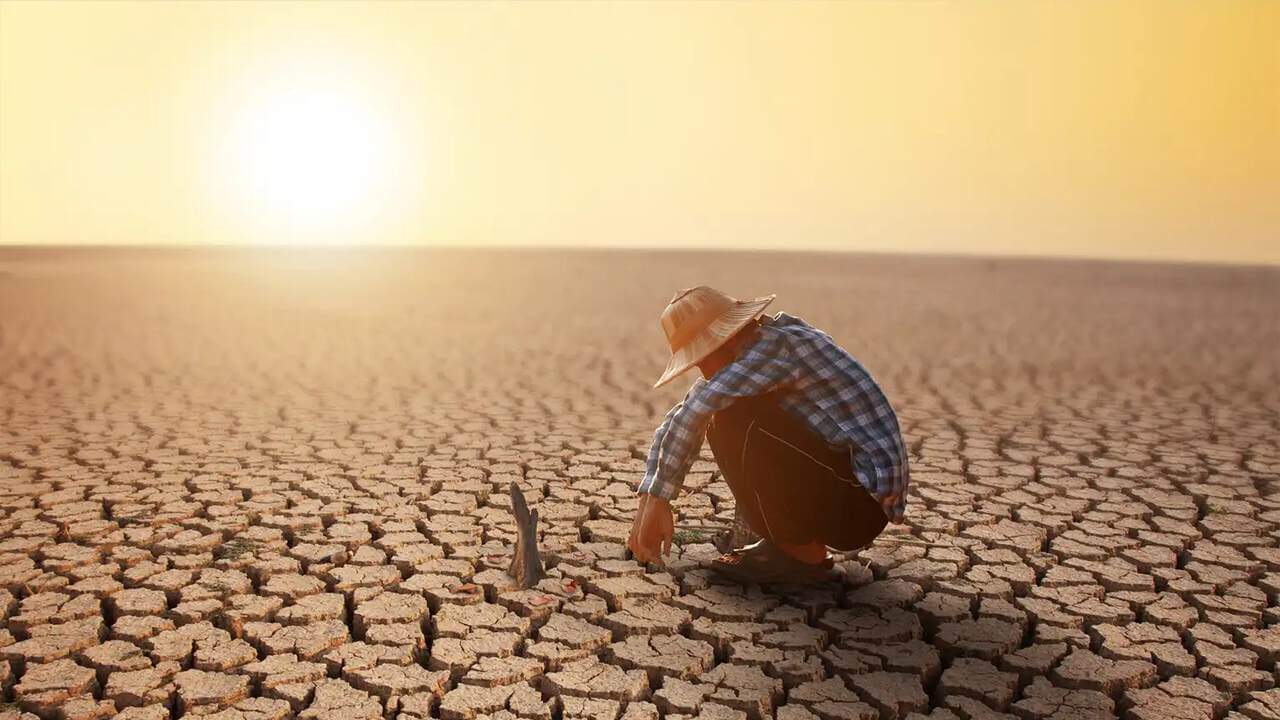Lately, the world has been experiencing terrifying incidents happening due to climate change. It is posing potential threats like massive floods, changing weather patterns, melting glaciers, drought, affected crop production, and endangered biodiversity. Unfortunately, Pakistan happens to be one of those countries that have been the victim of climate change.
Such abrupt climate changes bring massive destruction and loss. Every year, more Pakistanis are facing challenges caused by sudden climate changes, like losing their property, businesses, crops, and even their lives. In such a situation, there is a dire need to alter the existing insurance policies and bring new policies to help people recover from their loss as much as possible. By implying such changes, there are increased chances of better risk management.

Should Climate Change Risks Be Added in Insurance Policies?
Considering the scale of risks posed due to climate change, it’s high time that insurers consider giving financial security to their clients by inculcating insurance policies covering property risks alongside other liabilities.
However, there are two potential barriers for insurers:
- If they increase the cost of their premiums, offering coverage for climate risks, they can lose potential clients who might not be able to afford it.
- On the other hand, if they reduce the cost of the premium, then they might succeed in attracting clients but would not be able to cover such risk recovery expenses, leading to loss and underpricing.

Important Tips for Insurers to Combat Climate Risks
These barriers can be overcome by considering the following points of action:
Climate-Specific Stress Testing and Tailored Policies
The insurer needs to identify the risks and quantify them. They need to use climate-specific stress tests for their regions to understand the potential threats in that area.
In simpler words, not all areas are prone to tsunamis or massive floods. Different areas have different issues; hence, the insurer should identify and quantify them to revise their policies and facilitate their clients regarding those specific threats. This way, they can entertain their clients with tailored solutions and better risk management and planning.
Communicate to Potential Clients
Once the policies are modified, it is important to convey them to the clients and attract them. It can be done by increasing the incentives, creating more awareness, and supporting and motivating the clients to mitigate their losses caused due to natural disasters.
Introduction to Innovative Products
The insurance industry can play a vital role in making people and the economy more resilient to climate change. They can design insurance products to increase preventive measures against climate-change risks, like motivating them to install anti-flood doors or early warning alarms.
Coalition with Government
Insurance companies should join hands with the government to mutually decide to apportion risks between public and private institutions. They can also work together to design measures important for financial assistance in the case of sudden mass payout.

Important Tips for Customers to Combat Climate Risks
Change is possible when both the insurers and the customers work hand-in-hand to combat such critical issues. Here are a few tips you can follow to combat these issues.
- Improve your research. You should have enough knowledge about your geographical area, possible threats and risks due to climate change, and available insurance policies and then make an informed decision. You can also get help and guidance from experts like at Cometinsure.
- Once you have purchased a suitable insurance policy, try to regularly review it to ensure you are getting cover according to your needs. You can also seek additional or more specific covers like enhanced property protection or flood insurance.
- Move to sustainable energy resources, develop backup plans and make a disaster preparedeness plan to retrieve from the acute disasters.
- Promote and adopt more environment-friendly options and make them a part of your life. Advocate for reduce, reuse and recycle programs to make this world a better place!





